Over the past fe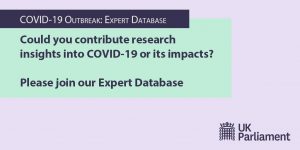 w weeks, Parliament has seen a surge in need for access to research expertise as it engages with the COVID-19 outbreak.
w weeks, Parliament has seen a surge in need for access to research expertise as it engages with the COVID-19 outbreak.
In this rapidly evolving situation, Parliament needs quick access to researchers who can provide expert insights relating to both Coronavirus and its impacts.
Parliament and Parliamentarians use these insights to help carry out their function effectively; that is to say, to represent the people, scrutinise the Government, debate important and pressing issues and pass legislation.
To speed up the process of Parliament accessing relevant research expertise, Parliament’s Knowledge Exchange Unit (KEU) are creating a COVID-19 Outbreak Expert Database.
If you feel you have any expertise relating to the COVID-19 outbreak or its impacts, the KEU would be very grateful if you would sign up to the database. Signing up does not commit you to contributing in anyway, it’s simply so that Parliament has your details to hand and can contact you very rapidly; if they contact you and you aren’t able to respond, they will fully understand.
A link to the sign-up form is found here.
(Please ensure you let Sarah Carter, Public Affairs and Policy Officer, or your Impact Officer, know you have signed up, as we are tracking the responses.)
Staff in Parliament have identified a number of areas where Parliament may need to be able to access research expertise, listed below, and found on the sign up page. If you identify an area that has not been listed, please do feel free to give detail on the sign up form in ‘other’:
Agriculture and farming, Airlines/airports, Arts, Behavioural science, Burial and cremation, Brexit, Business, Charities, Children and families, Civil contingency planning and management, Climate change, Communicating uncertainty, , Consumer protection, Coronavirus, Coroners, Countryside, Courts, Criminal justice, Criminal law, Crisis communications, Critical national infrastructure, Data protection, Death, Defence, Economics, Education – higher and further, Education – schools, Elections, Emergency planning, Emergency services, Employment, Employment law, Energy, Environment, European Union, Financial services, Financial systems and institutions, Foreign policy, Government, Health economics, Health services, Housing, Human rights, Immigration, Immunology / vaccinology, Industry, Infection control, Inflation, Insolvency, International law, IT, Law, Legal aid, Leisure and tourism, Local government, Medicine, National security, Package holidays, Pandemics, Pensions, Police powers, Ports and maritime, Prisons, Public expenditure, Public finance, Public health, Public order, Railways, Registration of deaths, Religion, Social security and tax credits, Social services, Sports, Surveillance , Taxation, Trade, Transport, Unemployment, Virology, Waste, Water, Welfare, Welfare benefits.
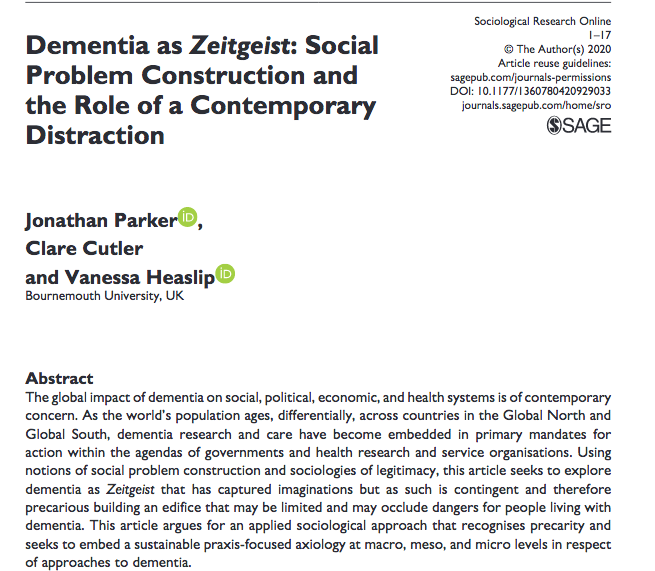 Today the international sociology journal Sociological Research Online (SAGE) published the paper ‘Dementia as Zeitgeist: Social Problem Construction and the Role of a Contemporary Distraction’ [1]. Using notions of social problem construction and sociologies of legitimacy, this article explores dementia as Zeitgeist that has captured imaginations but as such is contingent and therefore precarious building an edifice that may be limited and may occlude dangers for people living with dementia. This paper is written by two BU academics: Prof. Jonathan Parker (Department of Social Sciences & Social Work) and Dr. Vanessa Heaslip (Department of Nursing Science) and former one BU staff member Dr. Clare Cutler . Clare is now at the Wessex Institute for Health Research & Development.
Today the international sociology journal Sociological Research Online (SAGE) published the paper ‘Dementia as Zeitgeist: Social Problem Construction and the Role of a Contemporary Distraction’ [1]. Using notions of social problem construction and sociologies of legitimacy, this article explores dementia as Zeitgeist that has captured imaginations but as such is contingent and therefore precarious building an edifice that may be limited and may occlude dangers for people living with dementia. This paper is written by two BU academics: Prof. Jonathan Parker (Department of Social Sciences & Social Work) and Dr. Vanessa Heaslip (Department of Nursing Science) and former one BU staff member Dr. Clare Cutler . Clare is now at the Wessex Institute for Health Research & Development.


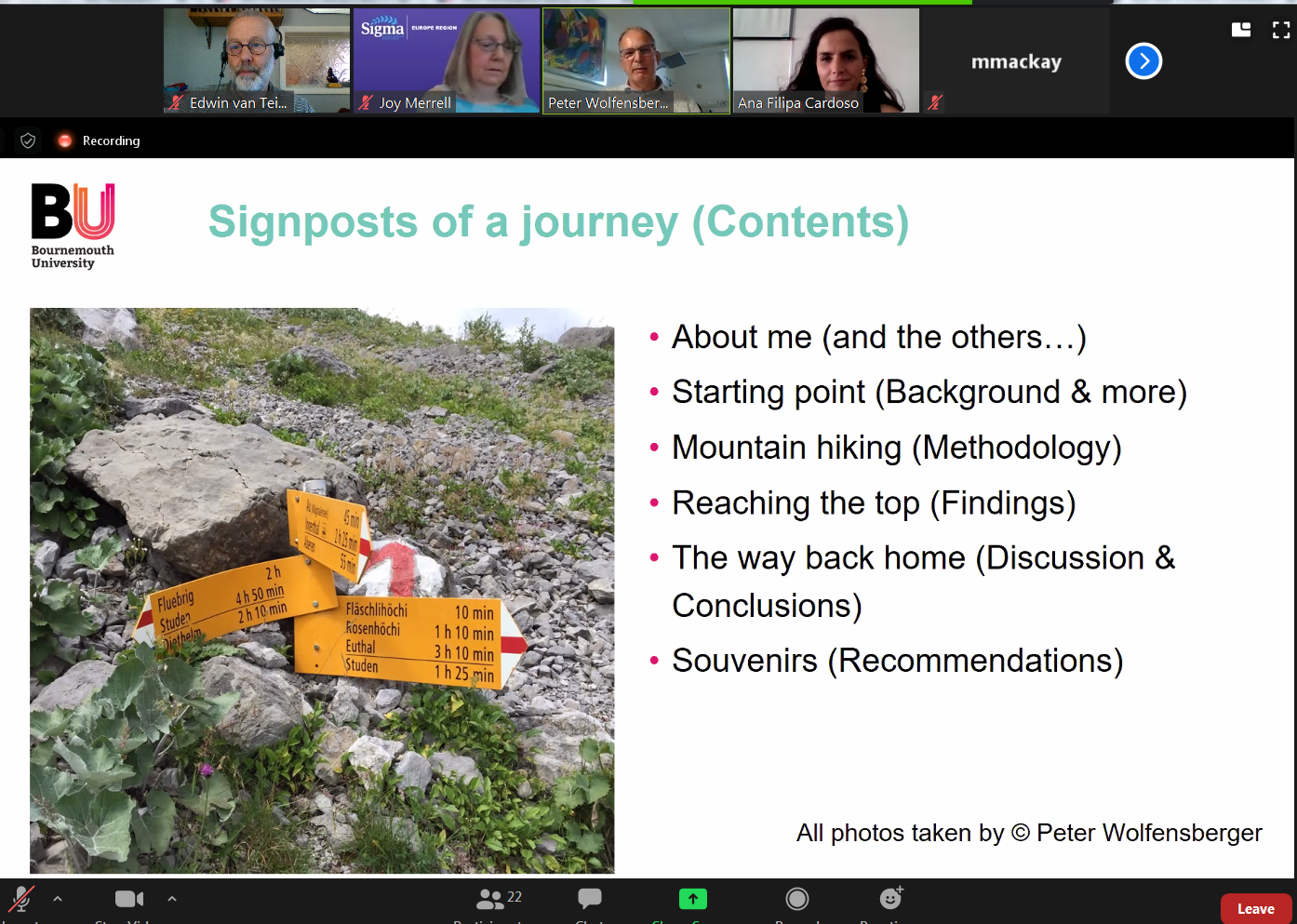
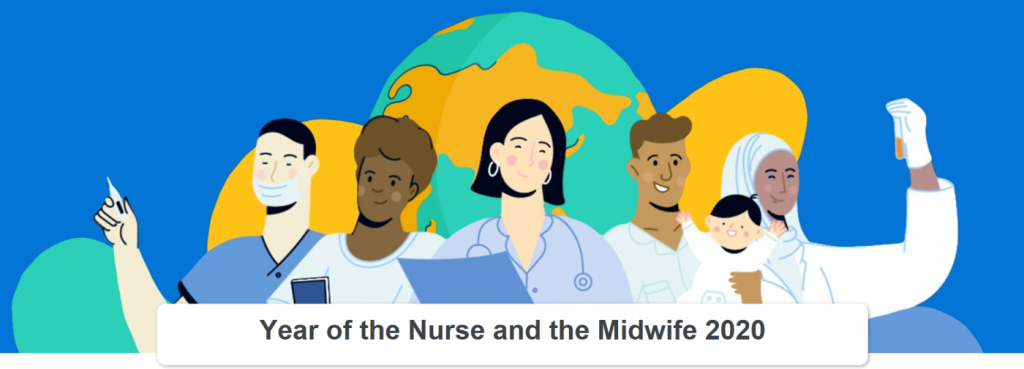
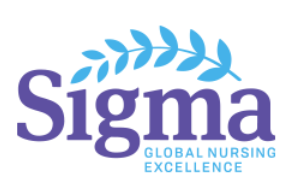







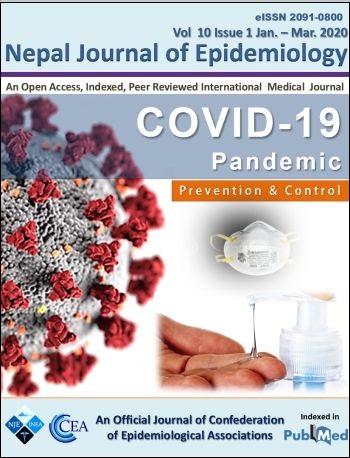
 The international social science publisher SAGE published a new textbook this week under the title
The international social science publisher SAGE published a new textbook this week under the title w weeks, Parliament has seen a surge in need for access to research expertise as it engages with the COVID-19 outbreak.
w weeks, Parliament has seen a surge in need for access to research expertise as it engages with the COVID-19 outbreak.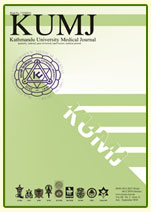
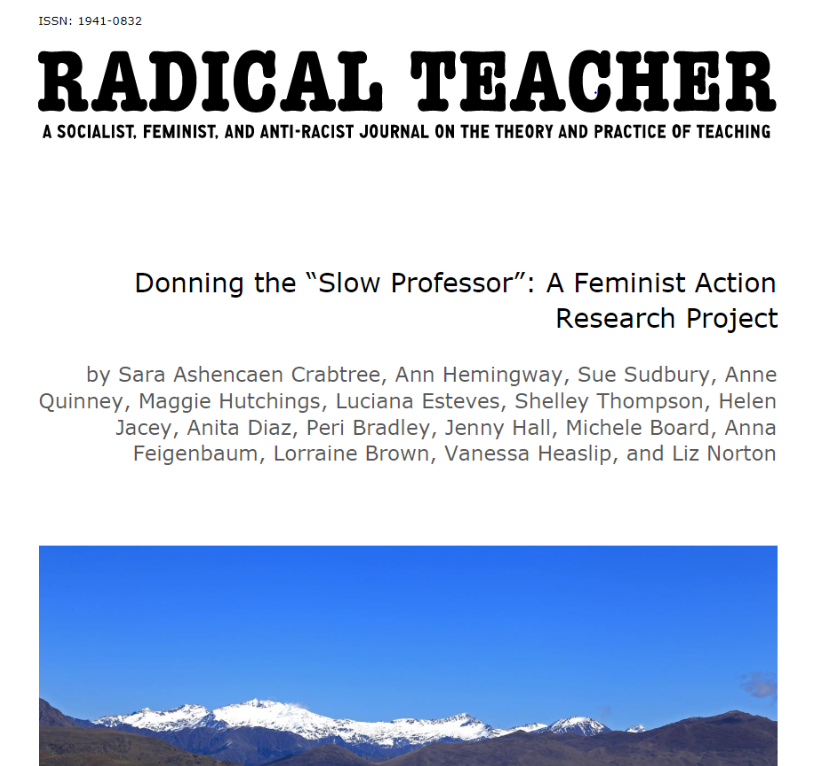
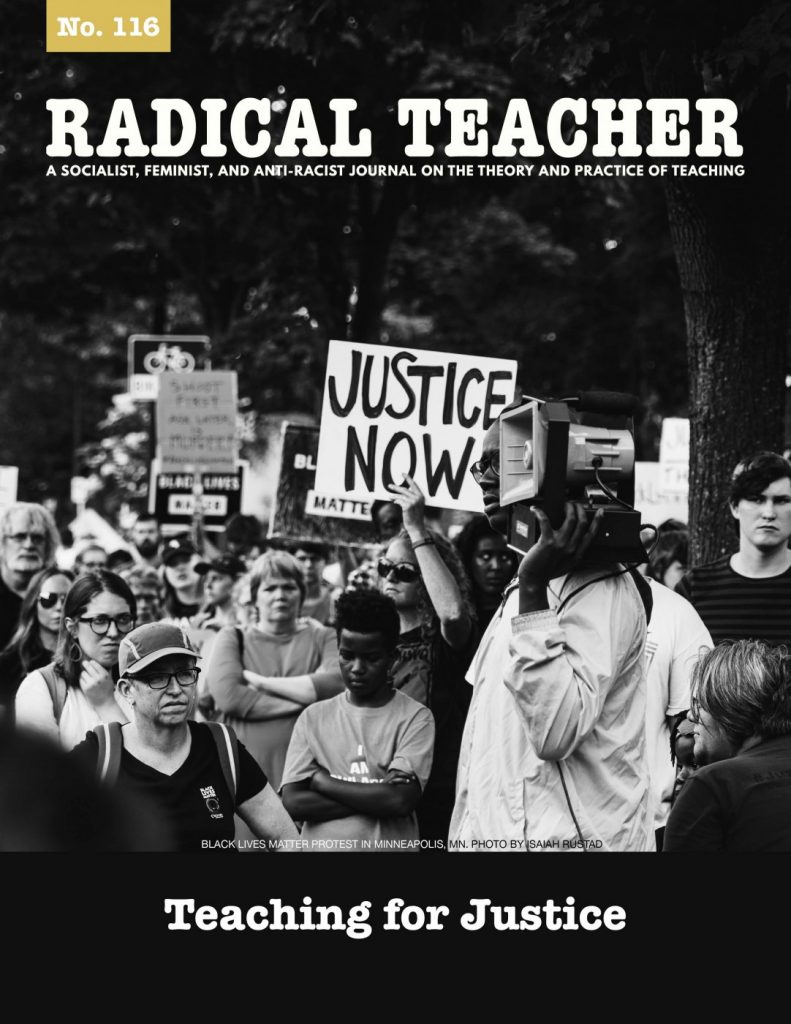











 Read and sign up to BU’s Policy Influence Digest
Read and sign up to BU’s Policy Influence Digest Upcoming opportunities for PGRs – collaborate externally
Upcoming opportunities for PGRs – collaborate externally BU involved in new MRF dissemination grant
BU involved in new MRF dissemination grant New COVID-19 publication
New COVID-19 publication MSCA Postdoctoral Fellowships 2024
MSCA Postdoctoral Fellowships 2024 Horizon Europe News – December 2023
Horizon Europe News – December 2023